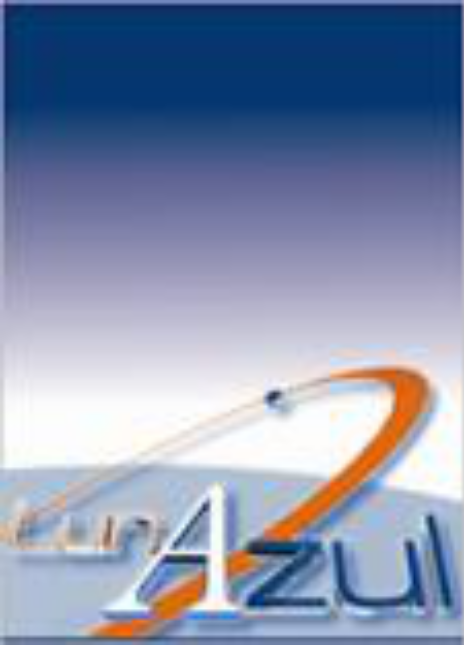Authors
Abstract
This article shows the results of an investigation carried out between November 2017 and March 2018. The objective of the study was to unveil a research program in which social scientists incorporate the objects and problems of ecological economics for the development of a field interdisciplinary. The methodology was that of qualitative type and documentary analysis and its tools the application of semi-structured interviews and review of scientific literature aimed at 20 researchers in the area of social sciences. The analysis of the data had as a unit of analysis Colombian researchers (in training and graduates) and as a unit of study to the social scientists of the city of Manizales. The documents were categorized and coded the interviews, developing frames of reference that provided empirical information to the research results. The results found in the research were: 1) Social scientists lack structural and integral knowledge about the objects and fields of study of the real economy and the ecological economy. 2) Priority was the development of the concepts of precautionary principle, self-containment, social metabolism, global ecological crisis, assessment languages and environmental and social justice as axes for the development of an interdisciplinary research field, necessary for social sciences of the 21st century. 3) A theoretical and applied proposal is consolidated for the university system and research, which is presented in the study results.
References
Cragnolini, M. (2016). Extraños animales. Filosofía y animalidad en el pensar contemporáneo. Editorial Prometeo.
Fukuyama, F. (1992). El fin de la Historia y el último hombre. Planeta.
Harvey, D. (2005). El “nuevo” imperialismo: acumulación por desposesión. CLACSO.
Martínez-Alier, J. (2006). Los conflictos ecológico-distributivos y los indicadores de sustentabilidad. POLIS, Revista Latinoamericana, 5(13), 0.
Martínez-Castillo, R. (2007). Algunos aspectos de la huella ecológica. InterSedes: Revista de las Sedes Regionales, VIII(14), 11-25. http://www.redalyc.org/articulo.oa?id=66615071002
Naredo, J. M., Taibo, C., Pascual, M. y Riechmann, J. (2015). Durmiendo al borde del abismo: Proceso de reflexión universitaria sobre los límites del crecimiento. España.
Redefining Progress. (s.f.). La huella ecológica: sustentabilidad del concepto a hechos concretos. Ecological Footprint. https://www.naturalistesgirona.org/educacio/petjada/info/info01.pdf
Rees, W. E. y Wackernagel, M. (2000). Ecological footprint: merits and brickbats. Ecological Economics, 32(3), 371-374.
Riechmann, J. (2003). Sobre la importancia de lo invisible. En J. S. Nieto y J. Riechmann (Coord.), Sustentabilidad y globalización: flujos monetarios de energía y de materiales (pp. 15-18). Editorial Germania.
Riechmann, J. (2005a). Todos los animales somos hermanos. Catarata.
Riechmann, J. (2005b). Un mundo vulnerable. Ensayos sobre ecología, ética y tecnociencia. Los Libros de la Catarata.


 PDF (Español)
PDF (Español)
 FLIP
FLIP
 HTML (Español (España))
HTML (Español (España))




























